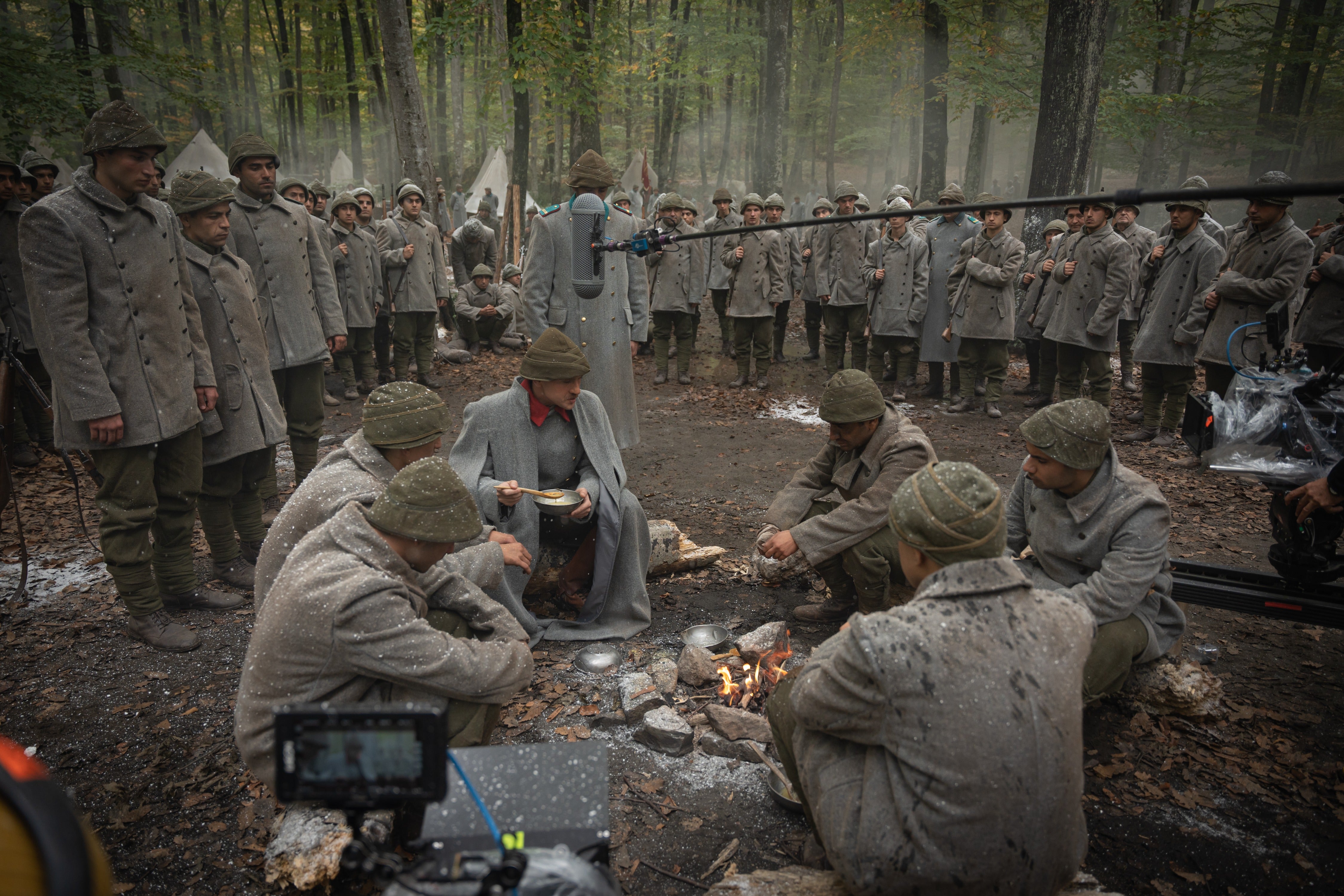Mehmet Ada Öztekin emerges as a pivotal figure in the telling of Atatürk's story through his directorial finesse. Known for his adeptness in delivering compelling drama, Öztekin's filmography showcases his ability to blend storytelling with historical narrative. His past projects have garnered attention for their depth and emotional resonance, positioning him excellently to tackle the complexities associated with larger-than-life historical figures.
Öztekin has articulated a clear vision for the "Atatürk" film, emphasizing the importance of portraying Atatürk as a multifaceted leader—someone who, while revered, was also subject to human flaws and vulnerabilities. He believes that previous portrayals of Atatürk often lacked a depiction of his human side, which is crucial in shaping a hero’s journey. As he put it:
"We never actually see 'Mustafa Kemal the human' in these films. A hero’s journey doesn’t unfold this way."
This perspective shaped his approach to "Atatürk 1881-1919", released in 2023 to coincide with the centennial of the Republic of Turkey. The film not only highlights Atatürk’s military and political genius but also explores the intellectual and emotional growth of Mustafa Kemal as a person.
A particularly intriguing aspect of the film is its focus on Madam Corinne, a pivotal figure in Atatürk’s intellectual development. According to Öztekin, she was one of the most significant influences in his formative years. The inclusion of this character underlines the director’s intent to present a more nuanced and complete picture of Atatürk’s life.
In preparation for the film, extensive research was conducted with historians and military advisors to ensure authenticity. Öztekin initially intended to film in Thessaloniki, Atatürk’s birthplace. However, due to significant changes in the city’s architectural landscape, this plan was abandoned in favor of alternative locations that could better capture the period’s atmosphere.
Beyond its historical accuracy, "Atatürk 1881-1919" aims to resonate with a global audience. The film is set for release across several European and Balkan countries, reflecting the widespread impact of Atatürk’s legacy beyond Turkey.
Öztekin’s directorial approach underscores a crucial responsibility in historical filmmaking—balancing reverence with critical insight. His commitment to presenting an Atatürk who is both inspirational and relatable distinguishes this film from previous adaptations.
With "Atatürk 1881-1919", Mehmet Ada Öztekin not only revisits history but also invites audiences to see Mustafa Kemal through a new lens—one that celebrates his heroism while embracing his humanity.





Leave a comment
This site is protected by hCaptcha and the hCaptcha Privacy Policy and Terms of Service apply.